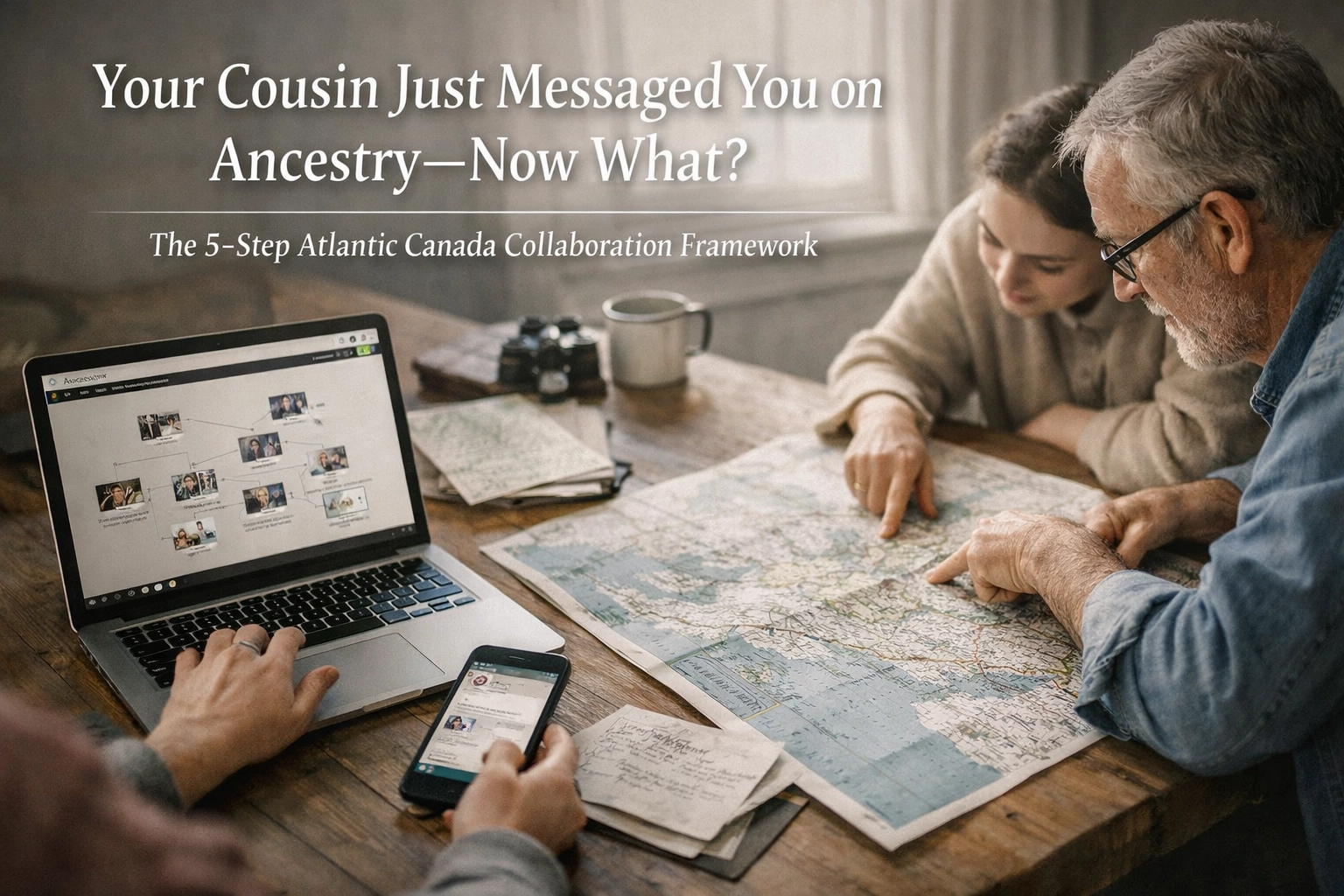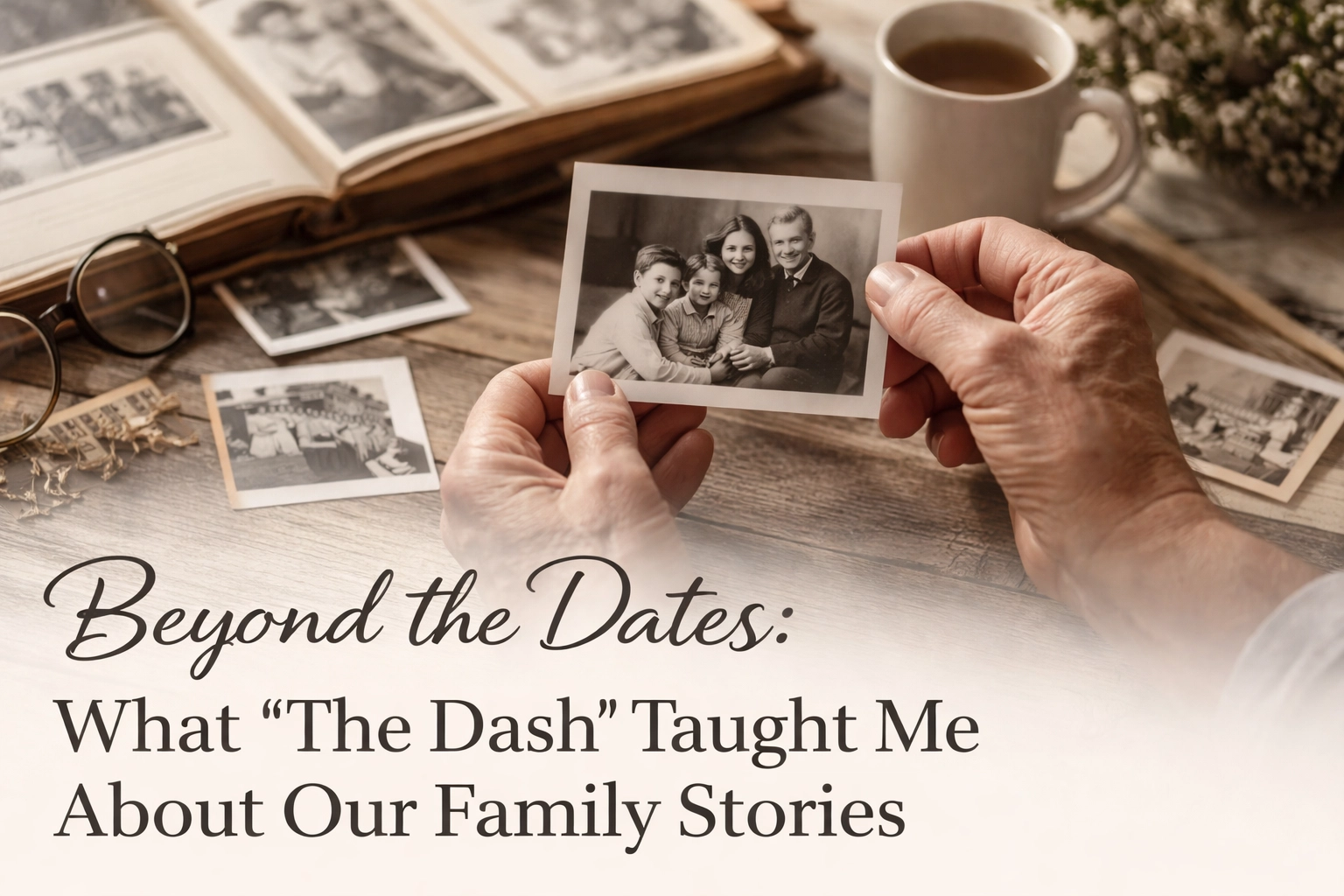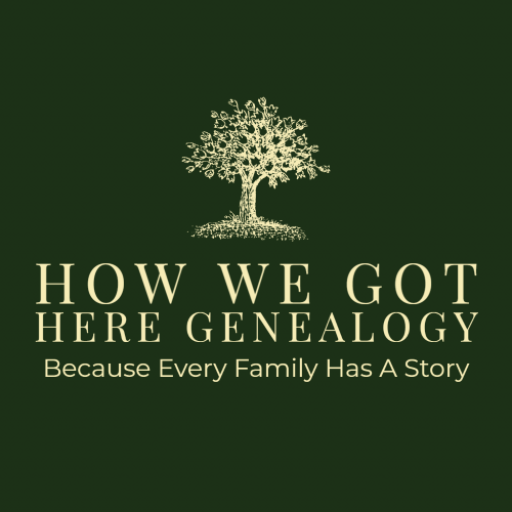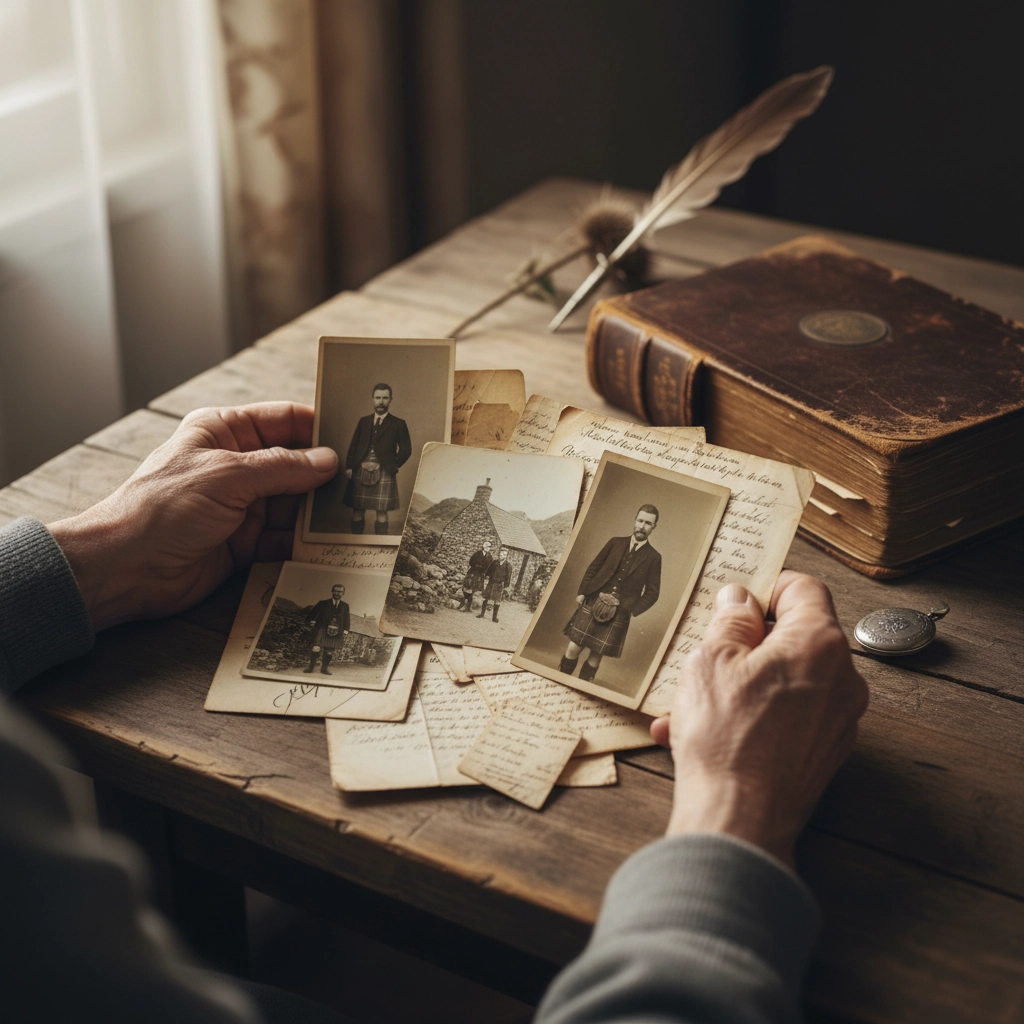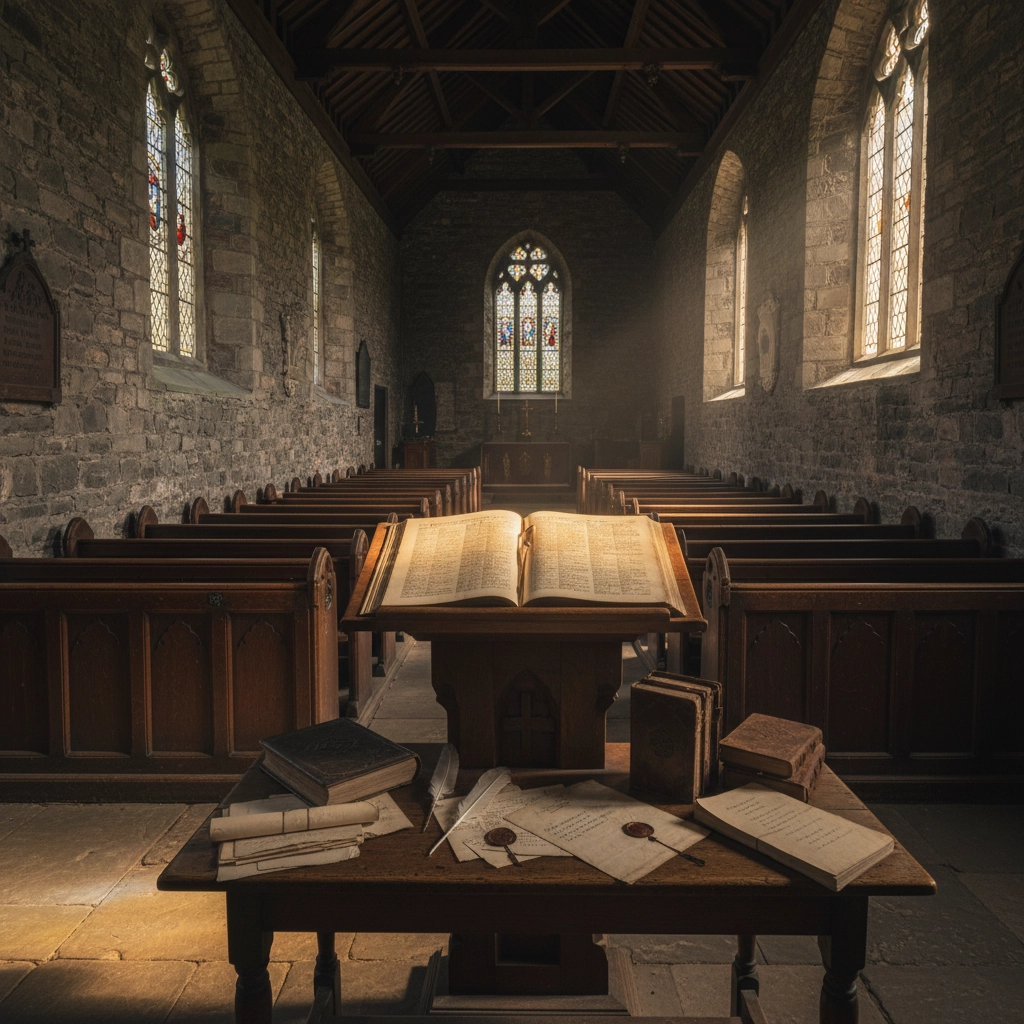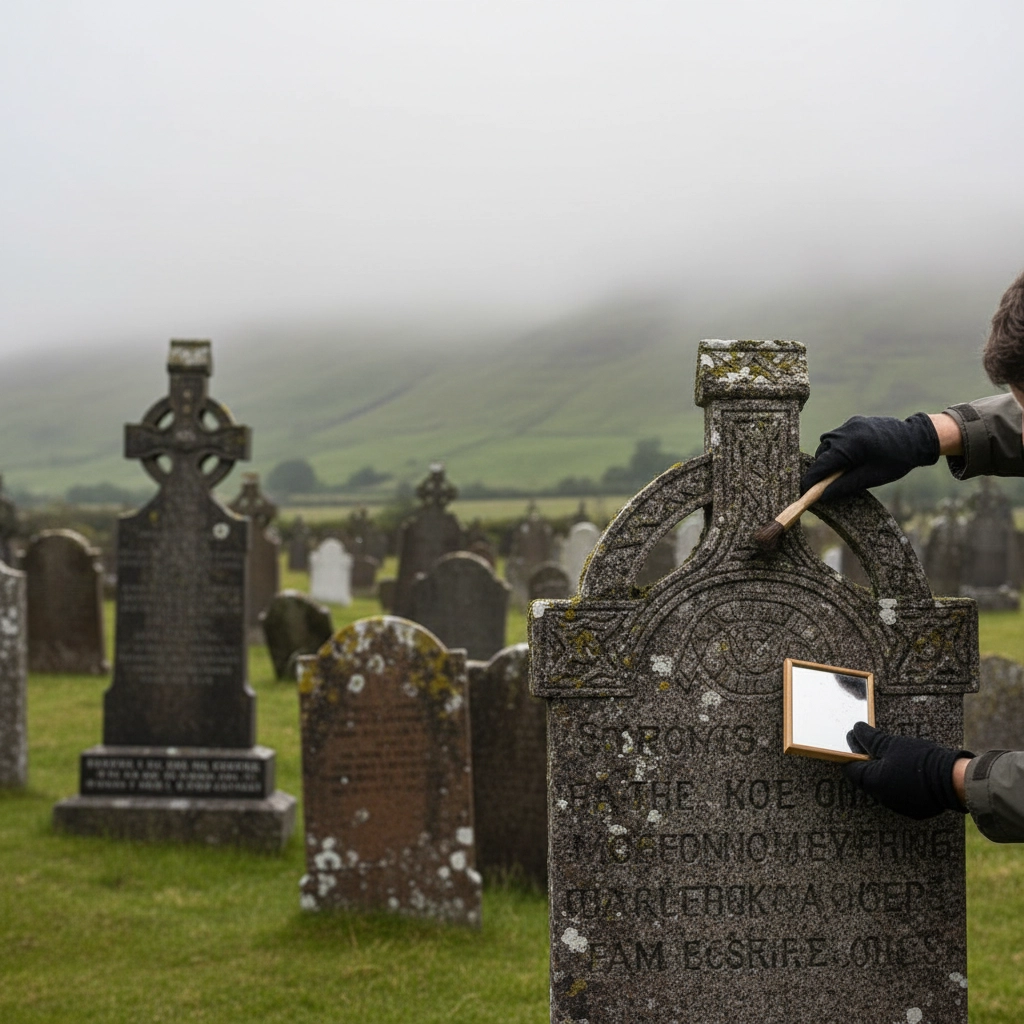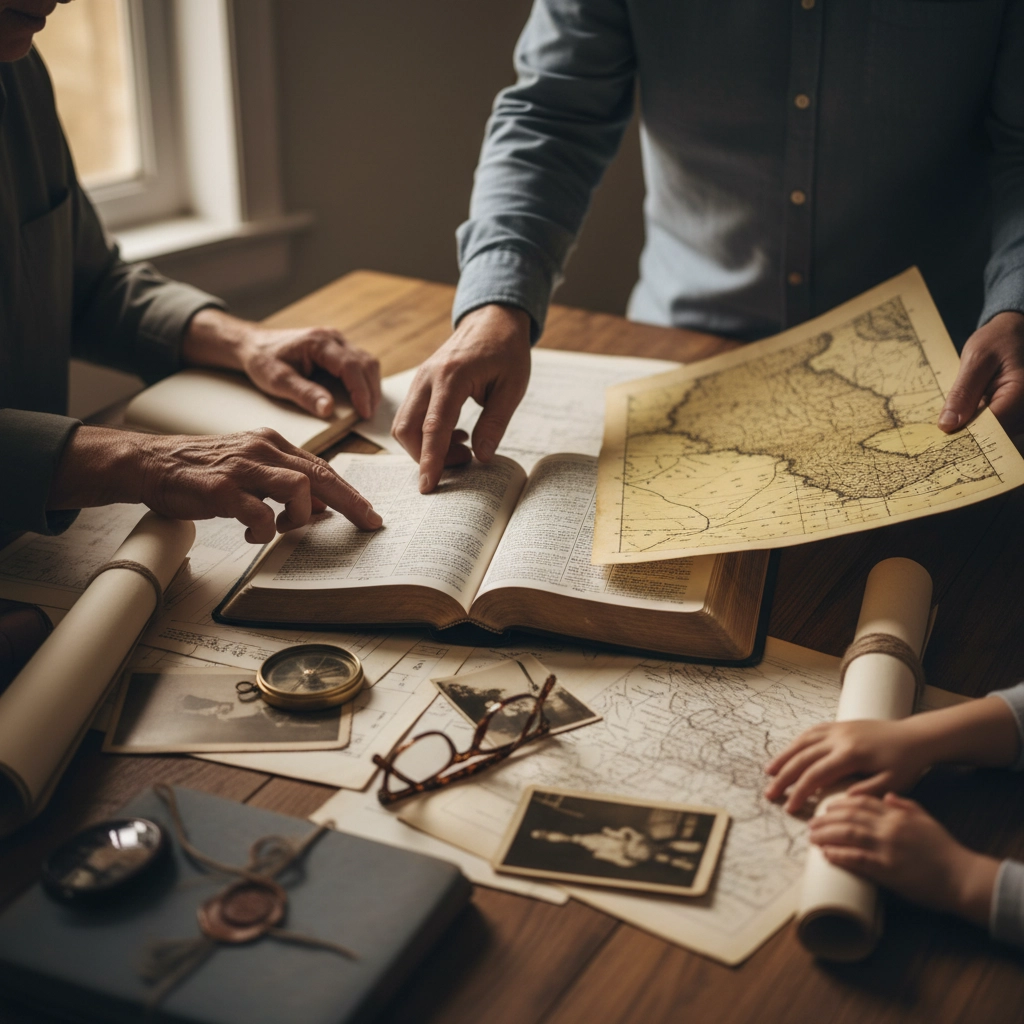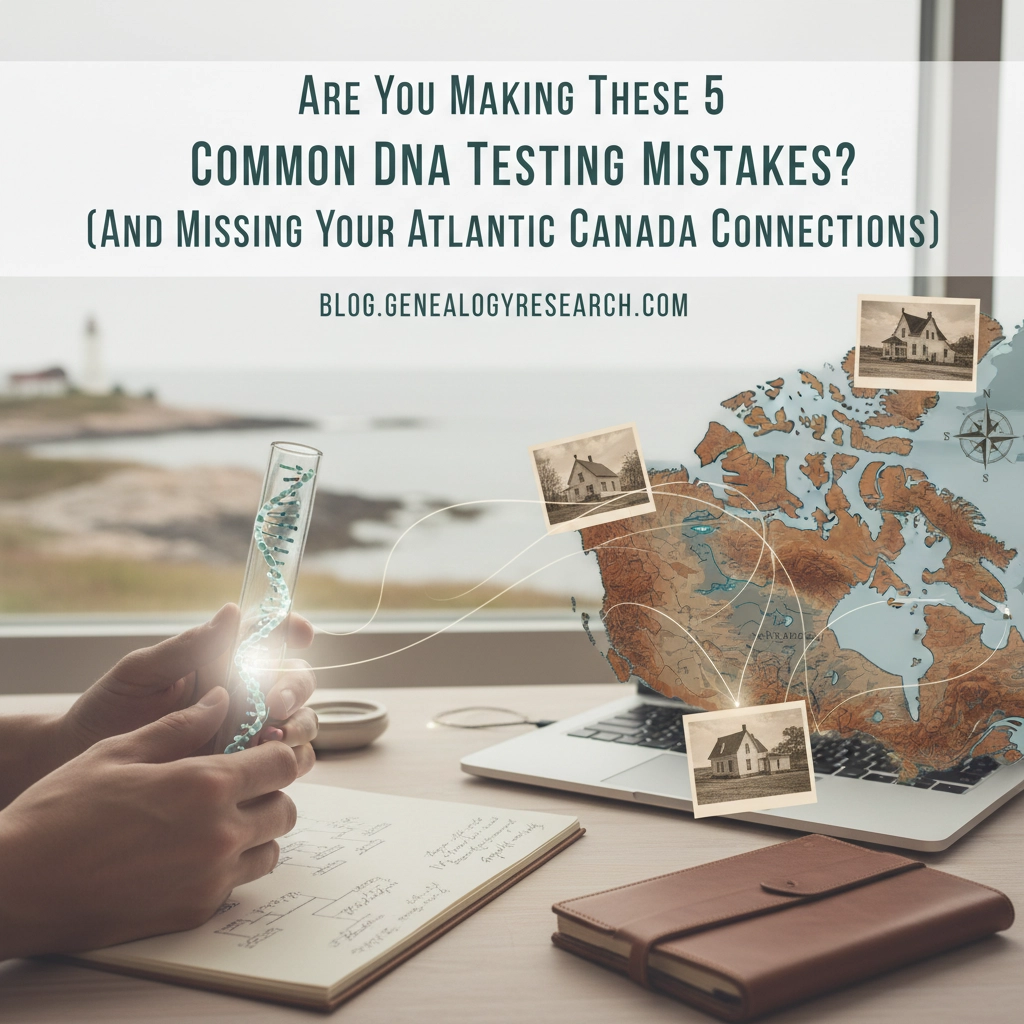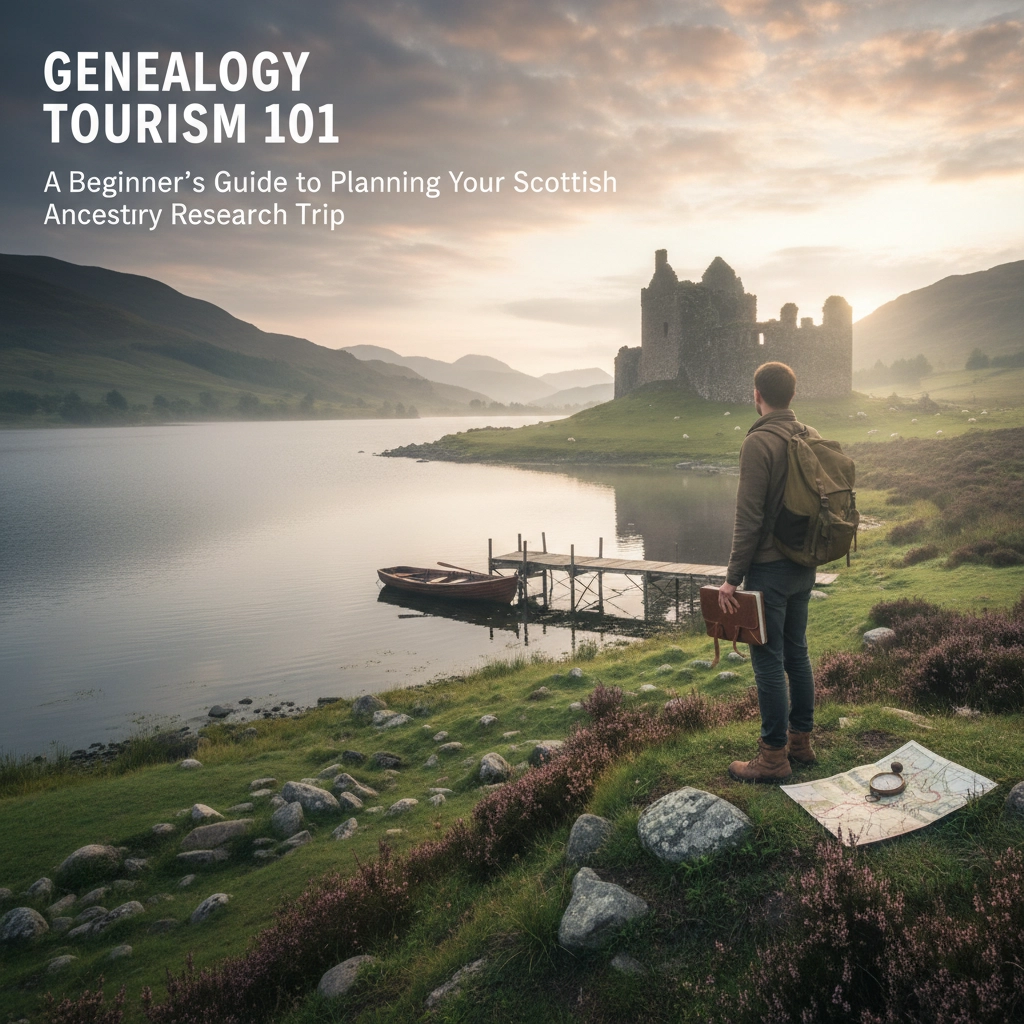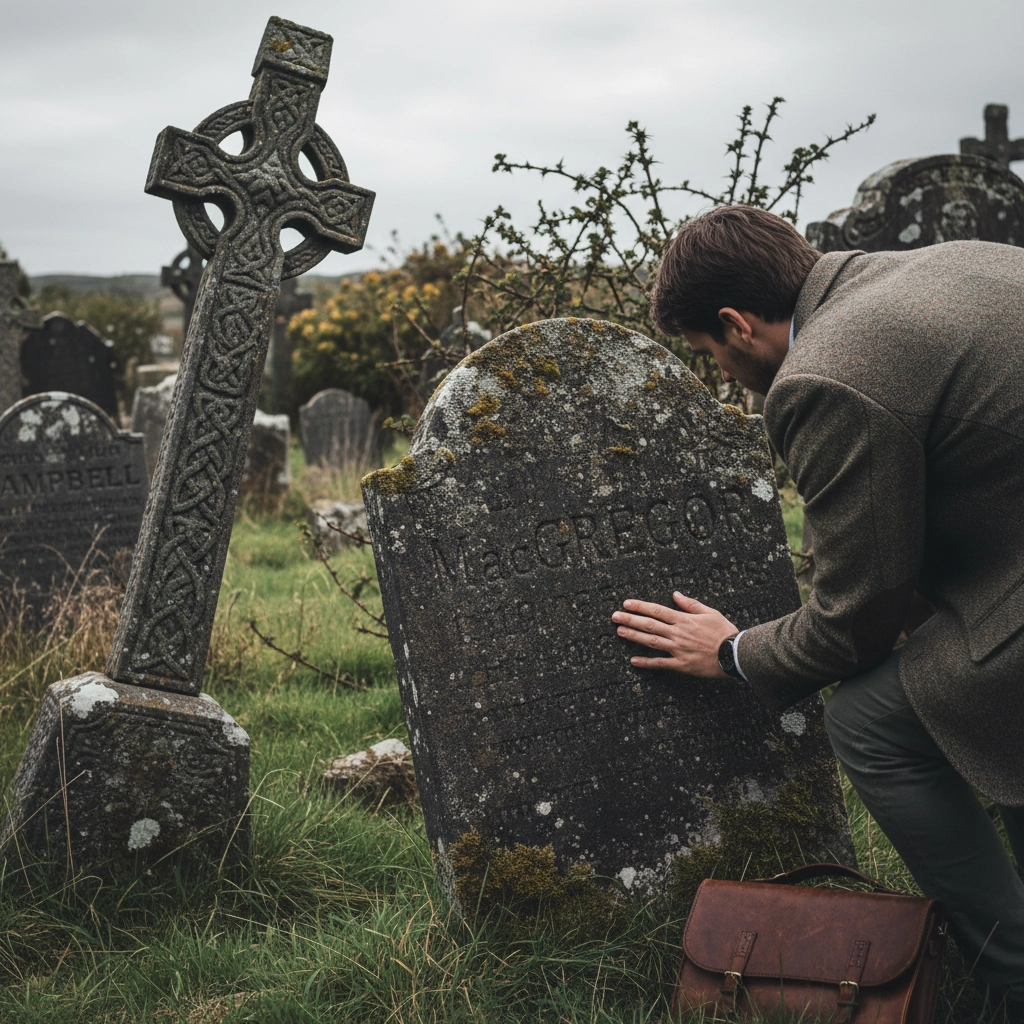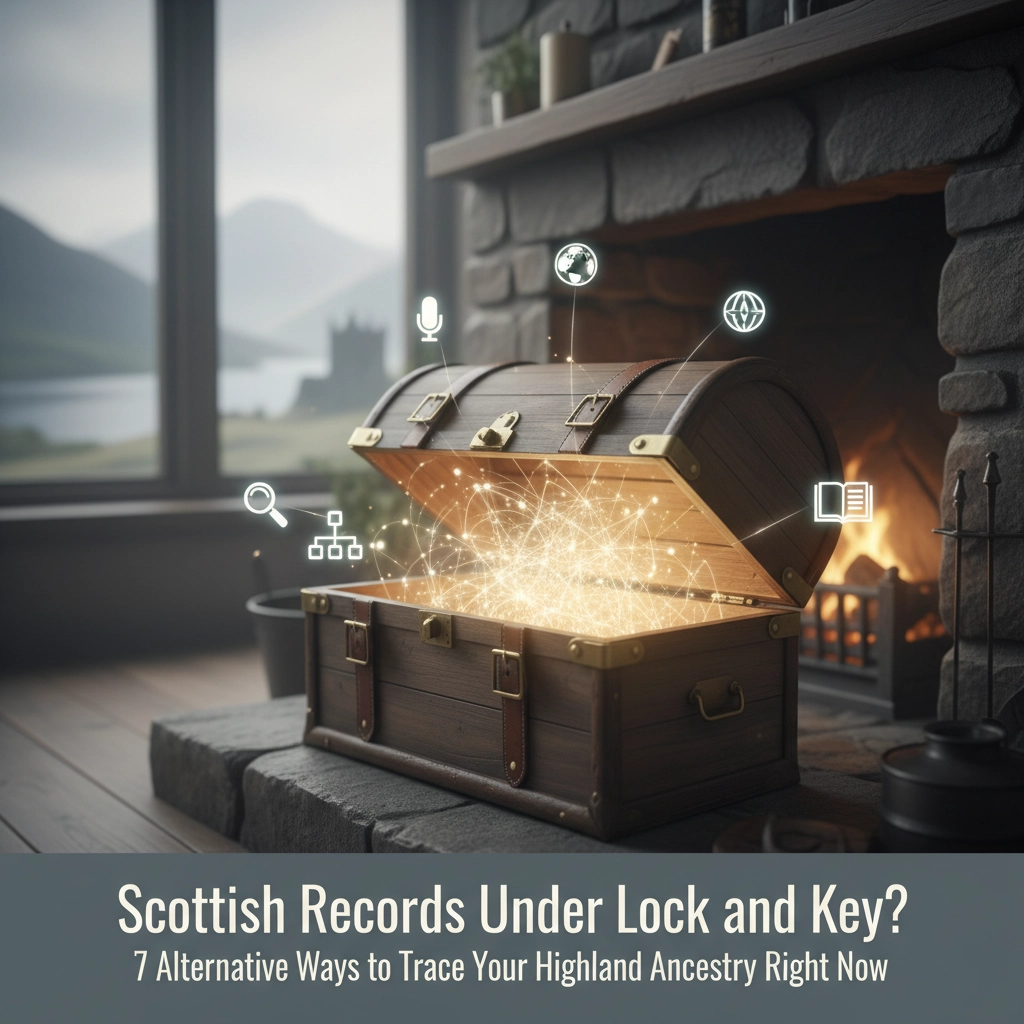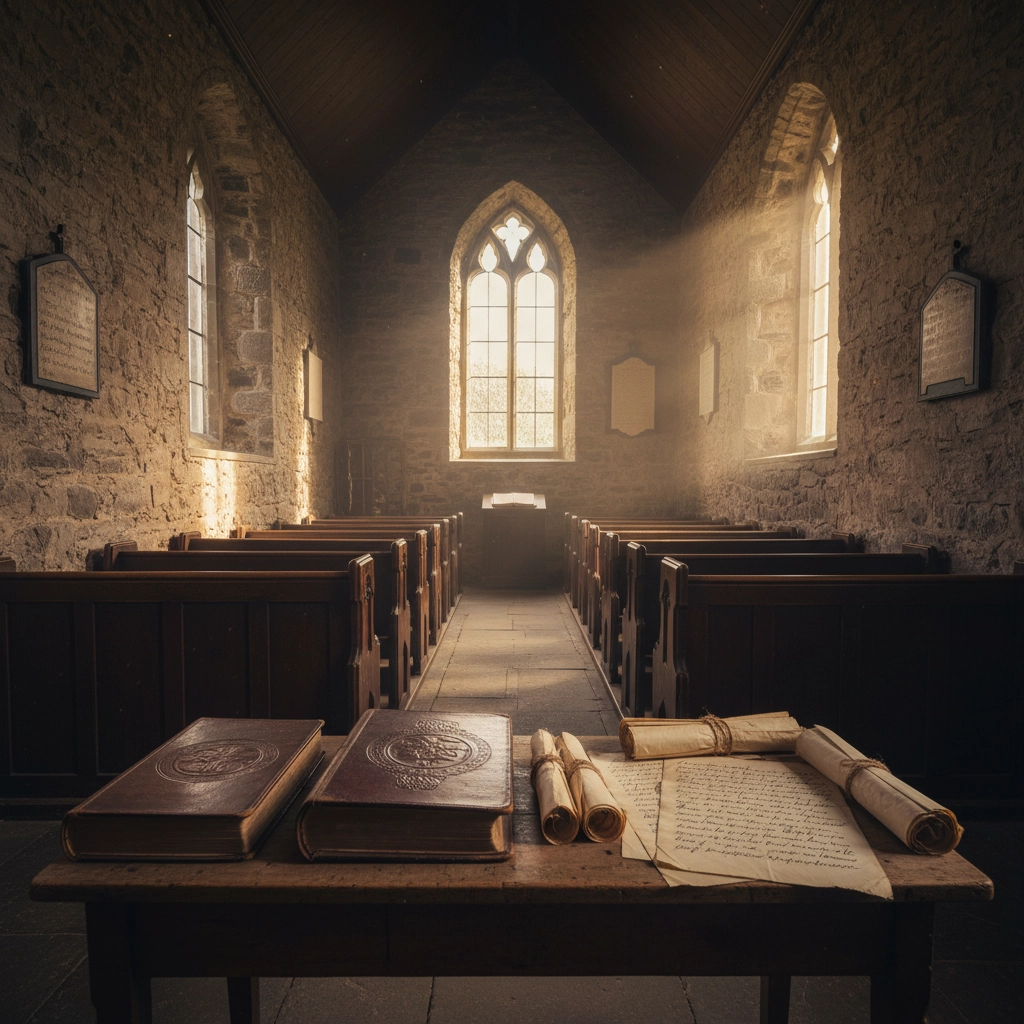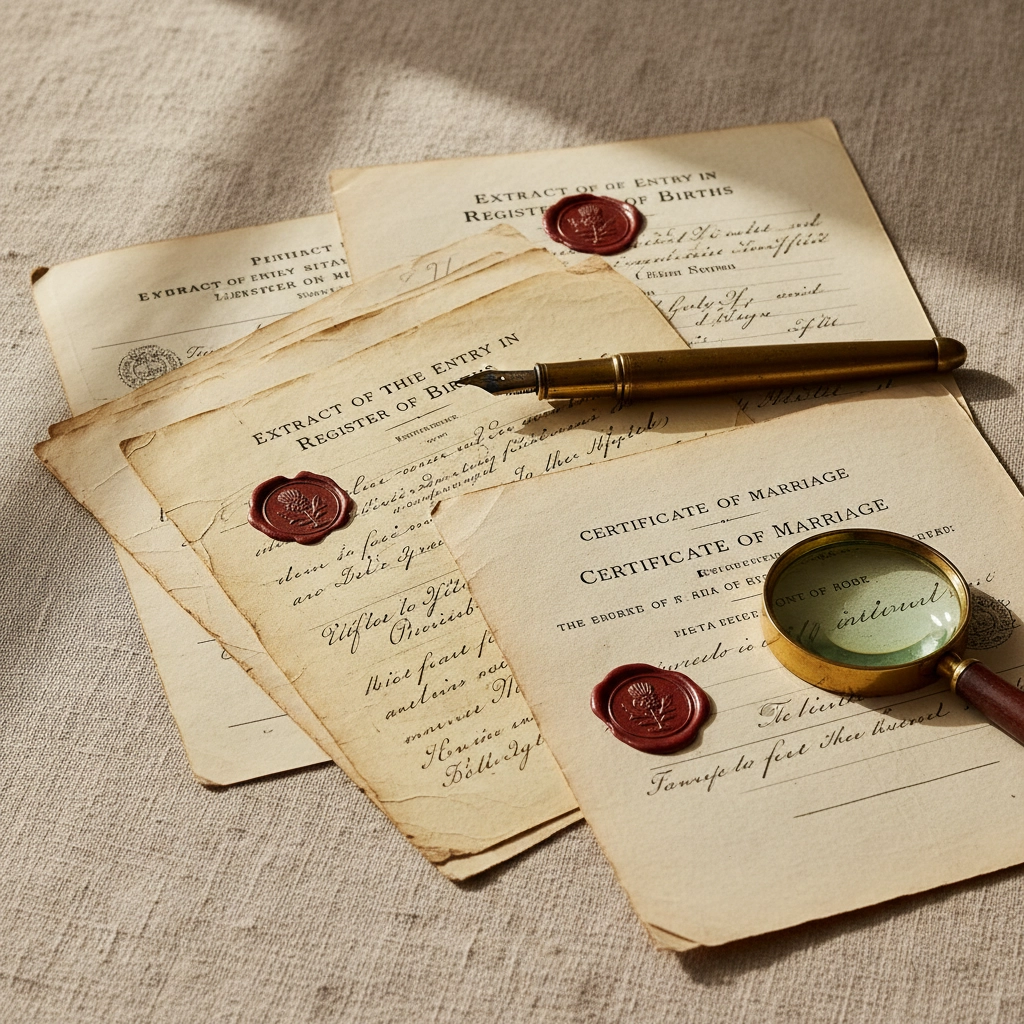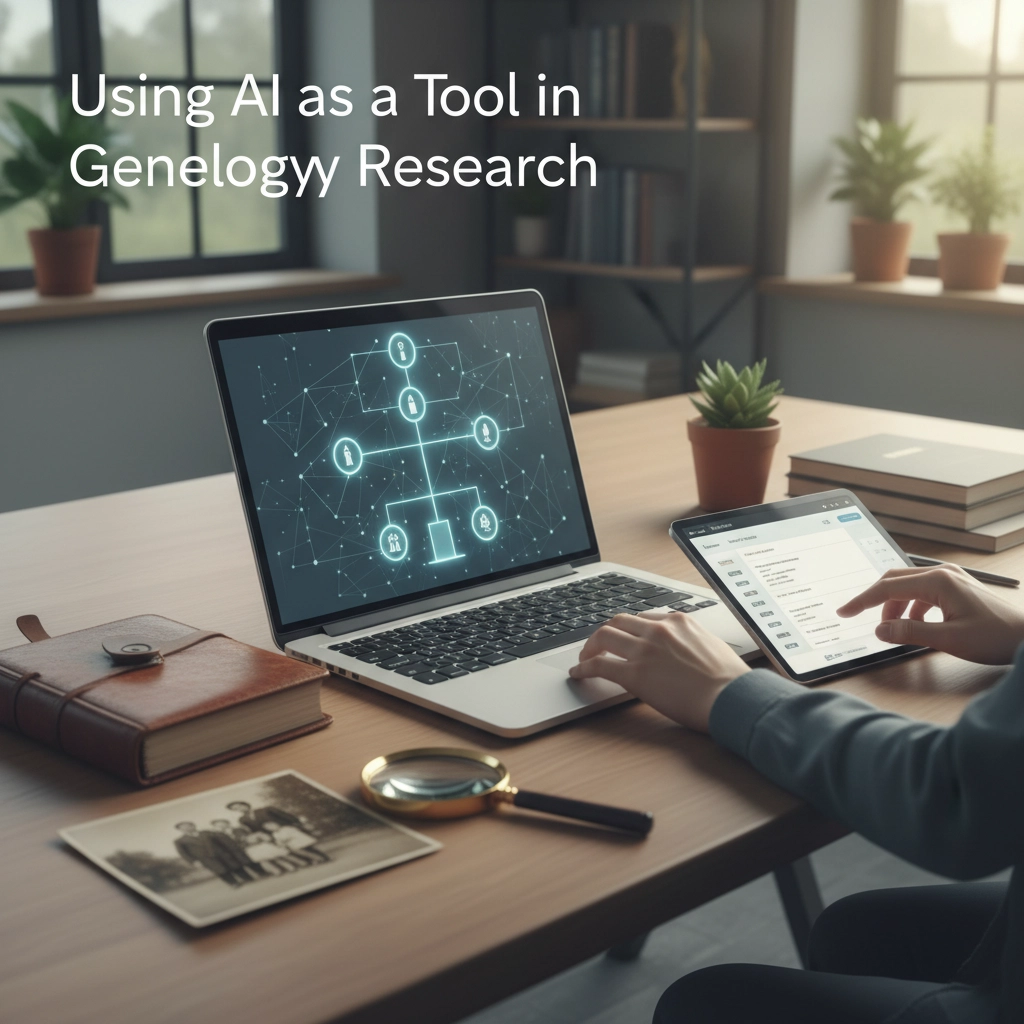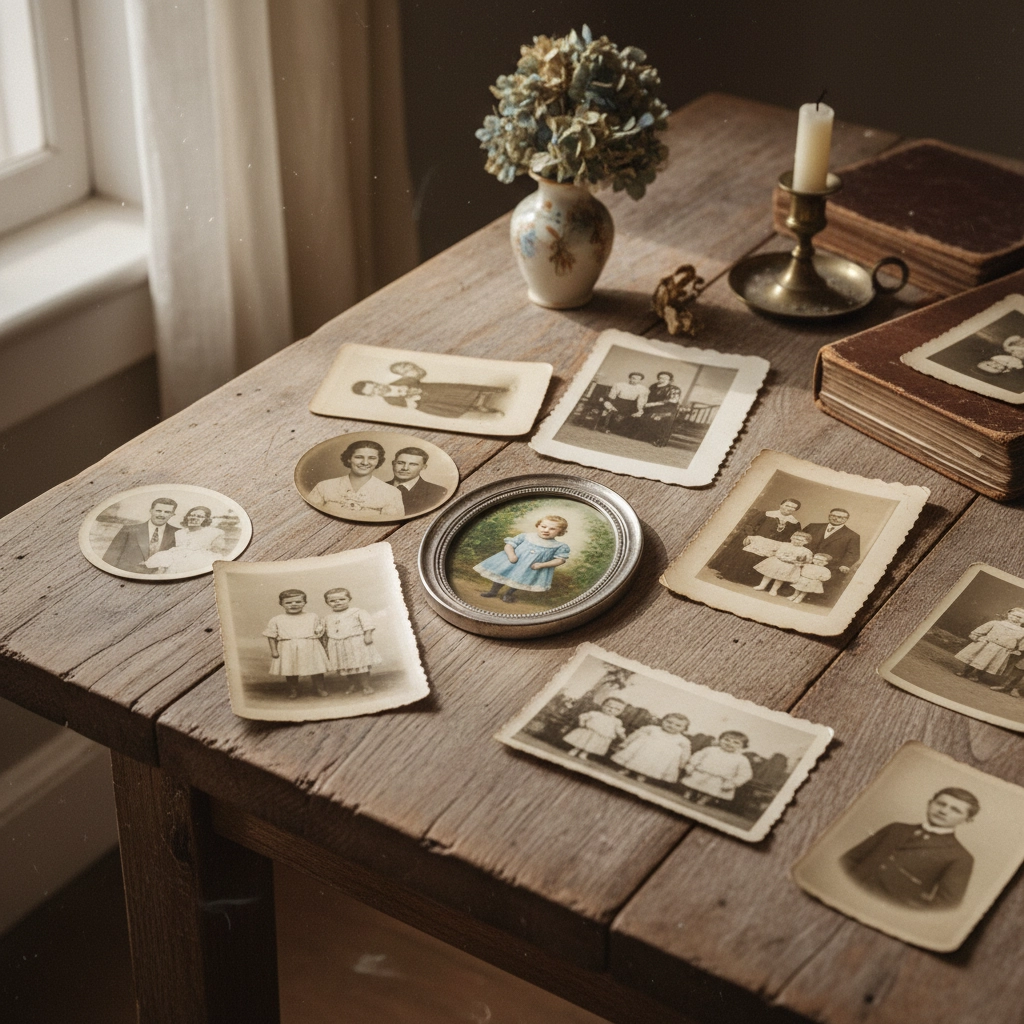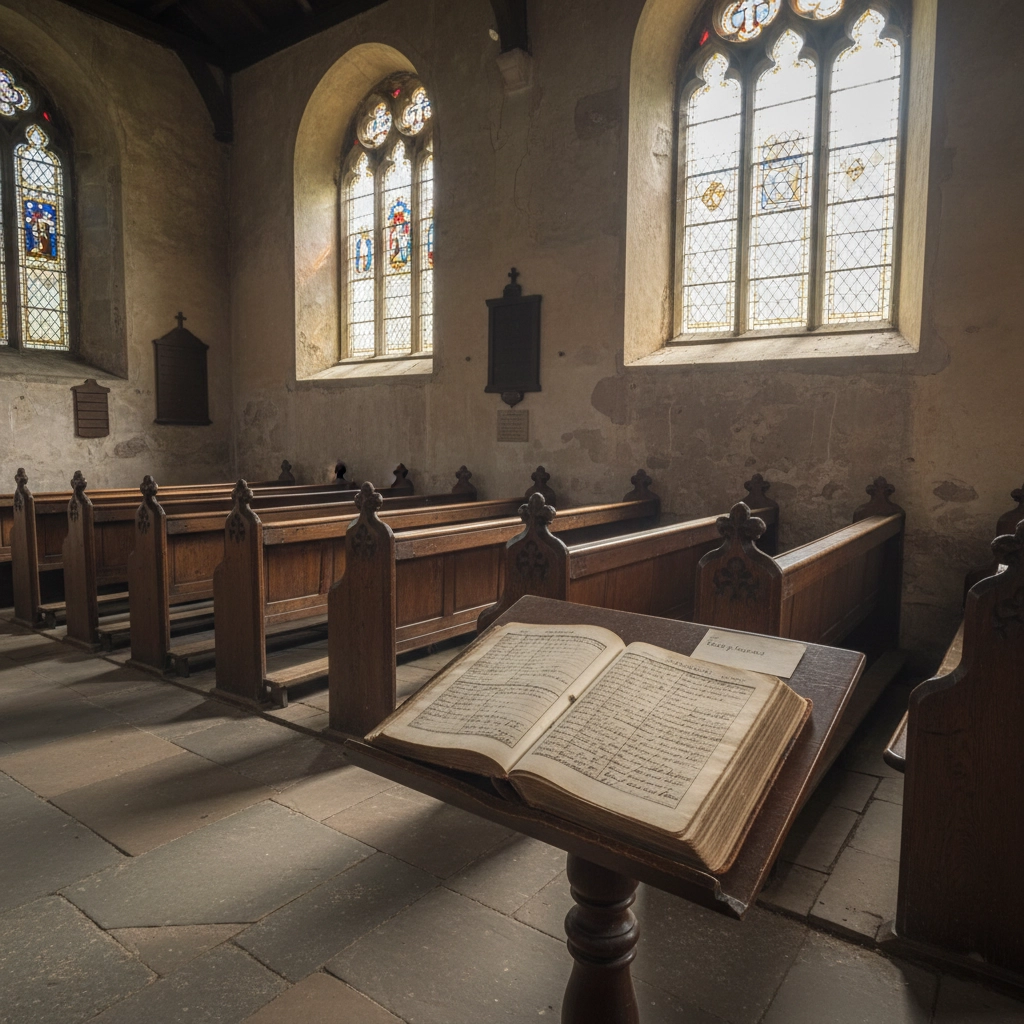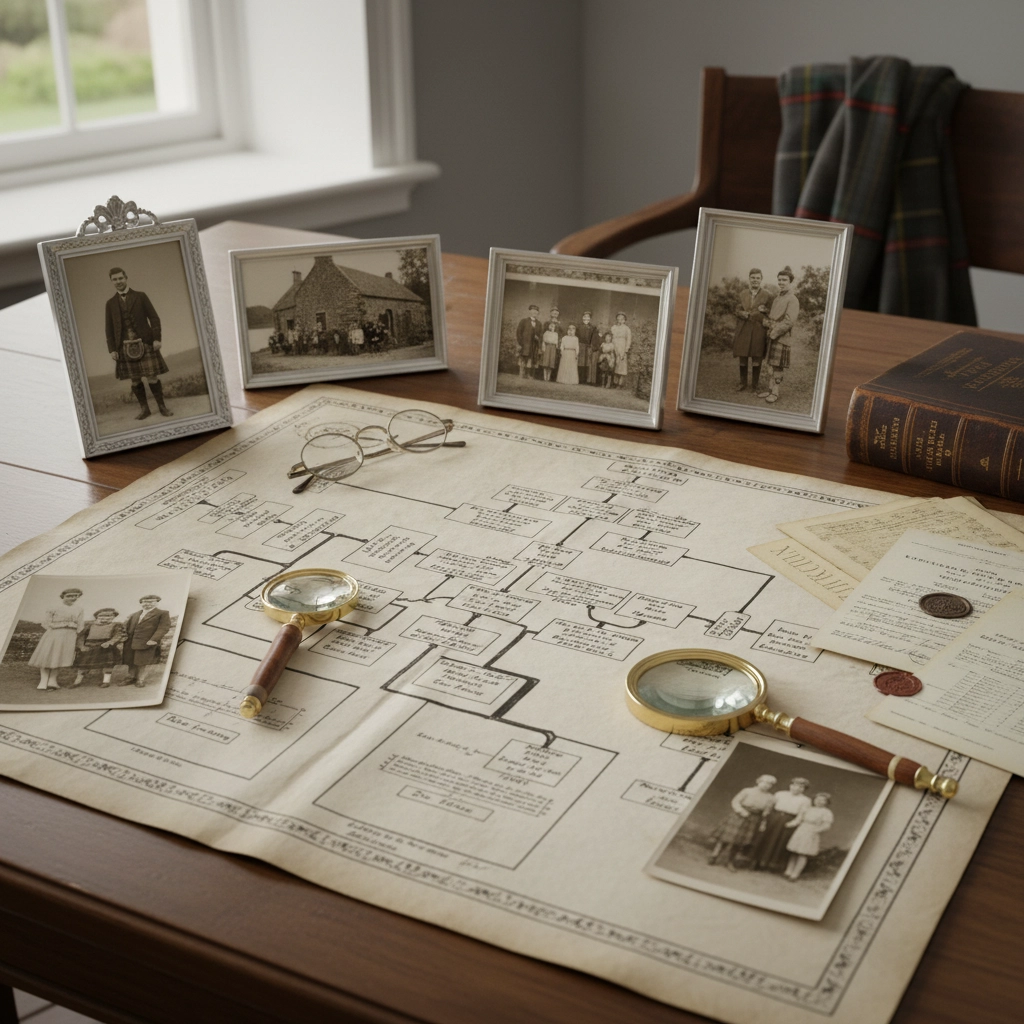You're scrolling through your Ancestry account, maybe checking on a hint or two, when you see it: that little green notification bubble. "New Message from a DNA Match." Your heart does a little skip. Someone, an actual, real-life cousin, wants to connect.
Exciting, right? Absolutely. But also… slightly terrifying.
What if they know more than you? What if they ask you questions you can't answer? What if they've got the whole family tree figured out and you're still trying to work out whether your great-great-grandfather was born in Scotland or Cape Breton? (Spoiler: it was probably Scotland, but he definitely died in Cape Breton.)
Take a breath. This is a good thing. In fact, it's one of the best things that can happen in your genealogy journey. But like any good relationship, it requires a bit of strategy, some ground rules, and a healthy dose of Atlantic Canada common sense.
Here's your 5-step framework for turning that "New Message" notification into a productive, maybe even lifelong, genealogy partnership.
Step 1: Verify the Connection (Because We've Got a Lot of MacLeods)
Here's the thing about Atlantic Canada: we recycle surnames like nobody's business. If you're researching families in Nova Scotia, New Brunswick, Prince Edward Island, or Newfoundland, you already know this. The MacDonalds, the MacLeods, the Gallants, the LeBlancs, the Smiths, they're everywhere. And they're not always related to your MacDonalds or MacLeods.
Before you dive headfirst into sharing your entire research library, take a moment to confirm which side of the family this person actually belongs to.
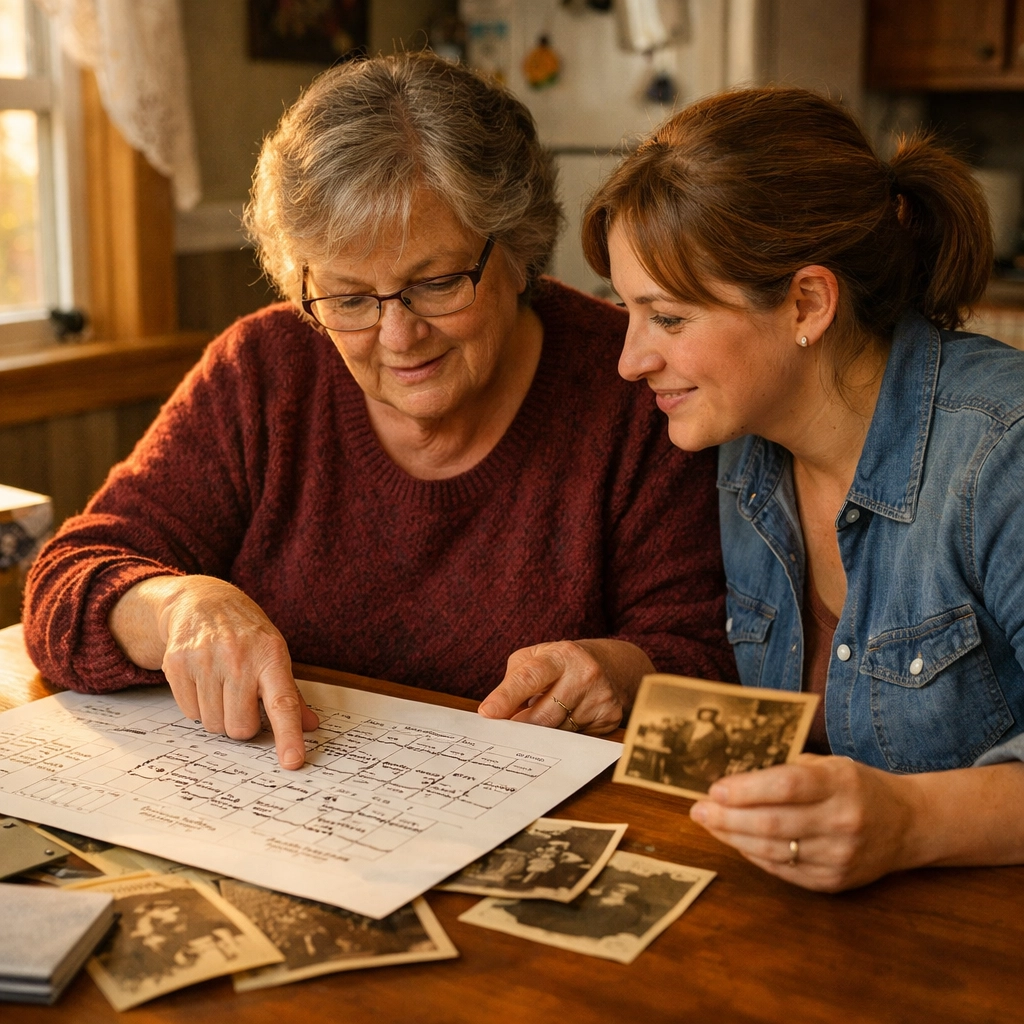
Here's how:
- Check your shared matches. Ancestry and MyHeritage both show you a list of people you both match with. Look for names you recognise. If you share matches with people from your maternal grandmother's side, bingo, you've got your answer.
- Ask about place names. A simple "Do you have any family from Pictou County?" or "Did your people come through Cape Breton?" can narrow things down fast.
- Compare known ancestors. If they mention a surname or a place that rings a bell, ask for a birth year or a spouse's name. That extra detail can confirm whether you're barking up the right family tree, or the wrong one entirely.
Atlantic Canada genealogy is full of clusters. Whole communities migrated together from the Scottish Highlands, Acadia, Ireland, and beyond. So yes, you might match someone with the surname MacDonald, but unless you're both descended from the same MacDonald line that settled in Antigonish in 1820, you're just distant cousins waving at each other from across the genealogical landscape.
Verify first. Celebrate second.
Step 2: Check the Evidence (Not All Trees Are Created Equal)
You've confirmed the connection. Great! Now comes the detective work.
Click over to their tree. What do you see? Are there sources attached to each person? Census records, birth certificates, marriage registrations, obituaries? Or is it a long, beautiful, completely unsourced tree that looks suspiciously like it was copied wholesale from someone else's research?
Here's a hard truth: a lot of online trees are wrong. Not because people are malicious, but because they're human. Someone saw a name that looked close enough, clicked "accept hint," and moved on. Multiply that across five generations, and suddenly your ancestors are living in the wrong province, marrying people they never met, and dying 20 years before they were born.
What to look for:
- Source citations. Do they list where they found the information? A tree with sources is a tree you can trust (or at least verify).
- Reasonable dates. If someone's birth year is 1820 but they're supposedly the parent of someone born in 1815, that's a red flag.
- Specificity. Vague locations like "Canada" or "Scotland" suggest the person hasn't done deep research. Specific places like "West River, Pictou County" or "Isle of Skye, Inverness-shire" are much more promising.
If their tree looks solid, fantastic. If it's a bit of a mess, don't write them off, just proceed with caution. Sometimes the people with the messiest trees are the ones sitting on a treasure trove of family documents, photos, and stories. They just haven't digitised them yet.
Step 3: Define the Goal (What Are We Actually Trying to Solve?)
This is where collaboration gets fun, and focused.
Don't just say, "Hey, cool, we're cousins!" and leave it at that. Ask the question: What do we both want to know?
Maybe you're both stuck on the same brick wall. Perhaps it's figuring out where your shared 3x-great-grandmother was born before she showed up in the 1871 census in Cumberland County. Or maybe it's tracing that elusive Scottish immigrant who left the Highlands during the Clearances and landed in Cape Breton in the 1820s.

Here's how to frame it:
"I see we share [ancestor's name]. I've been trying to figure out [specific question]. Have you come across anything that might help?"
Be specific. "I'm trying to find out more about the MacKinnons" is too broad. "I'm trying to confirm whether Duncan MacKinnon, born around 1795 in Skye, is the same Duncan MacKinnon who married Mary MacDonald in Mabou in 1822" is gold.
When you define a shared goal, you transform a casual message exchange into a real research partnership. And trust me, two heads are better than one, especially when you're both staring at the same stubborn ancestor who refuses to appear in any records.
Step 4: Share with Care (Nobody Needs a 2,000-Person GEDCOM)
You're excited. I get it. You've been working on this tree for years. You've got 1,847 people entered, complete with notes, sources, and that one photo of Great-Aunt Mabel from 1932.
But here's the thing: don't overwhelm them.
Sending someone your entire GEDCOM file on day one is like handing them a phone book and saying, "Your ancestors are in here somewhere, good luck!" It's too much, too fast, and it's more likely to confuse than to help.
Instead, share strategically:
- Focus on your common line. Send them a mini-tree or a few generations that directly relate to your shared ancestors.
- Share specific documents. If you've got a census record, a land grant, or an obituary that mentions their side of the family, send that. Context is everything.
- Tell stories. People connect with narratives. "Here's what I know about our shared great-great-grandfather, he was a ship's carpenter who emigrated from Inverness in 1848 and settled in Pictou" is way more engaging than a dry list of dates.
Think of it this way: you're not dumping your entire filing cabinet on their desk. You're handing them a carefully curated folder labelled "The Stuff That Matters to Both of Us."
Step 5: Create a Collaborative Plan (Genealogy Is a Team Sport)
Here's what I believe at How We Got Here Genealogy Services: genealogy is a team sport. Yes, you can do it solo, but it's so much richer: and so much more fun: when you work together.
Once you've verified the connection, checked the evidence, defined your goal, and shared some initial information, it's time to map out a plan.
Suggest a division of labour:
- "I'll dig into the Nova Scotia land records for the MacLeods if you can check the PEI census records for the MacDonalds."
- "I've got access to Ancestry and Library and Archives Canada. Do you have access to any local genealogical societies or historical collections?"
- "Let's each take a different branch and compare notes in two weeks."
Set up a shared Google Doc or a private Facebook group. Create a timeline. Decide who's tackling which record set. Make it collaborative, not competitive.
And here's the secret: if you hit a massive brick wall despite your combined best efforts, that's okay. That's normal. Atlantic Canada genealogy is full of missing records, burned courthouses, and ancestors who seemed to vanish into thin air. Sometimes you need a pro.
That's where I come in.
When the Brick Wall Won't Budge
If you and your newfound cousin have exhausted every lead, scoured every census record, and still can't crack that brick wall, it might be time to bring in some reinforcement. I've spent years specialising in Atlantic Canada genealogy, with deep knowledge of Scottish and Acadian migration patterns, land grants, church records, and all those sneaky little archives that most people overlook.
Sometimes all you need is a fresh set of eyes: and someone who knows exactly where to look.
Ready to break through? Book a free 30-minute consultation at www.howwegothere.ca and let's figure out how we can help you and your cousin bridge the gap between "stuck" and "solved."
Final Thought
That "New Message" notification isn't just a digital ping: it's an invitation. An invitation to connect with someone who shares your DNA, your curiosity, and your stubborn determination to figure out where you came from.
So the next time that little green bubble pops up, don't panic. Smile. You've just found a teammate.
And who knows? Together, you might just solve the mystery that's been haunting your family for generations.
Happy hunting: and happy collaborating.
: Brian Nash, Chief Genealogist and Owner
How We Got Here Genealogy Services
Written by Brian Nash
